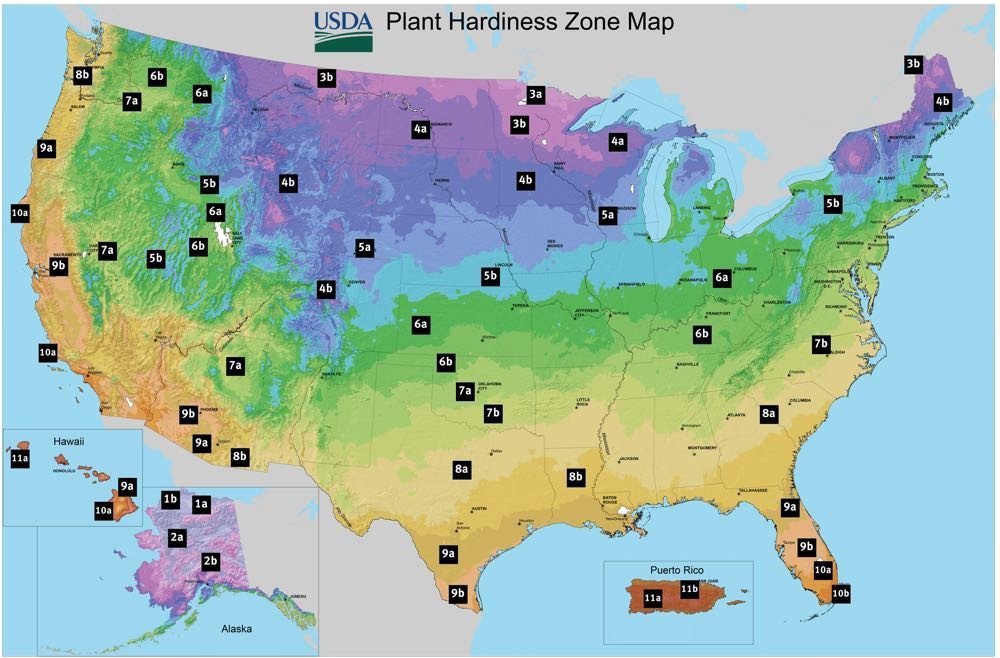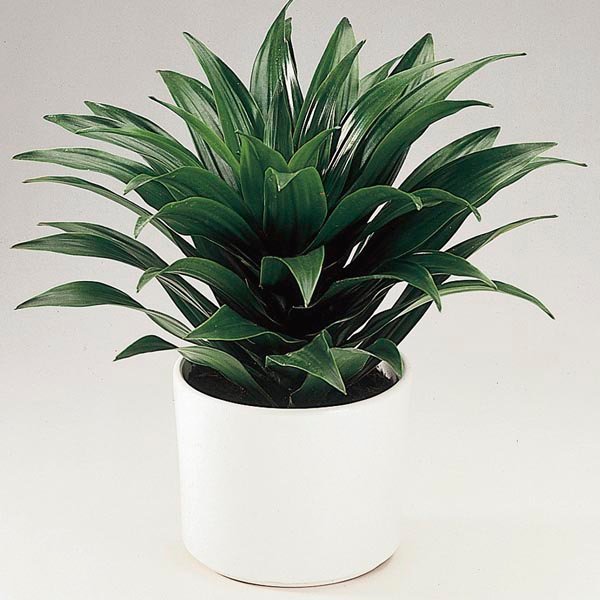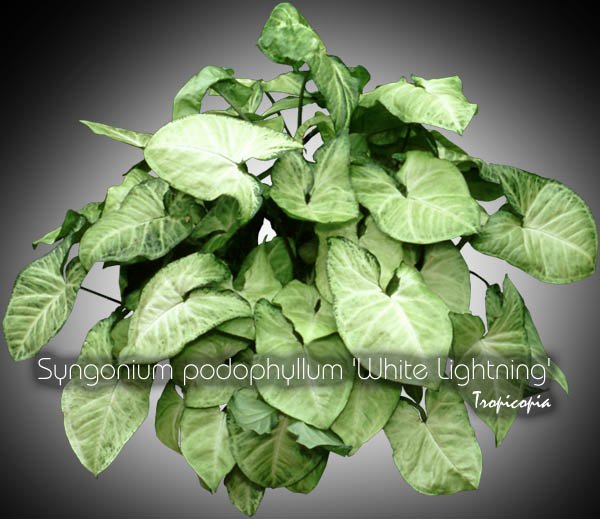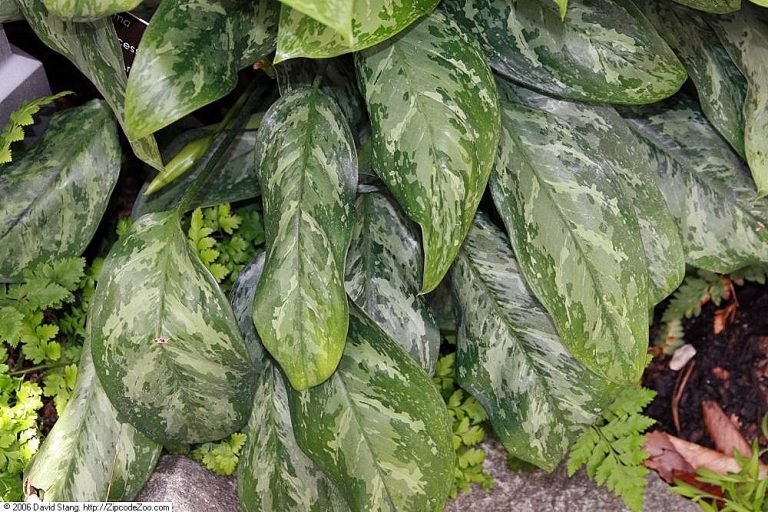Burro-tail (Sedum morganianum) – All You Need To Know
About Burro-tail (Sedum morganianum)
Sedum morganianum, also known as the “Burro’s Tail” or “Donkey’s Tail,” is a succulent plant native to Mexico that is known for its long, trailing stems with clusters of small, fleshy leaves. It is often grown as an ornamental plant in outdoor gardens or as a houseplant, and it requires well-draining soil and minimal watering to thrive.
General Information
Family: Crasssulaceae
Category: Hanging
Origin: Mexico
Native Climate: Arid Tropical
Hardiness Zone: 11-9
Best as: Hanging & Tertiary plant.
Where to grow Burro-tail?
Burro-tail is a common household plant that can be grown in various environments. They are Arid Tropical plants that thrive in the hardiness zone of 11-9 with a minimum temperature of 8 and maximum temperature of 35.
Below is a typical map of the US hardiness zone where you can check your location and see if Burro-tail can survive in your locale.

Burro-tail is native to the Arid Tropical climate of Mexico so it will survive best in a similar climate. However, being from a resilient Crasssulaceae family, it can also be found in most unusual places.
Sunlight Requirements of Burro-tail
The idea lighting conditions for Burro-tail is Full sun greater than 21,500 lux or 2000 foot-candle. However, it can also survive and grow in Strong light ( 21,500 to 3,200 lux/2000 to 300 fc).
Watering Requirements for Burro-tail
{commonname[1]} should be allowed to dry out between watering sessions. This means that the soil should be allowed to become partially or completely dry before the plant is watered again. The frequency with which the plant is watered will depend on a variety of factors, including the type of plant, the size of the pot or container it is growing in, the type of soil it is grown in, and the local climate.
It is important to allow the soil to dry out between watering sessions because overwatering can lead to root rot and other issues. Overwatering occurs when the soil remains constantly moist, which can create the perfect conditions for fungal and bacterial growth. Allowing the soil to dry out between watering sessions can help to prevent these issues, as it allows the soil to drain and the roots to get the oxygen they need to function properly.
To determine when a plant needs watering, it is generally recommended to check the moisture level of the soil by sticking your finger about an inch into the soil. If the soil feels dry at that depth, it is probably time to water the plant. If the soil feels moist, it is likely that the plant does not need watering yet. It is also important to consider the specific needs of the plant you are caring for, as some plants have different watering requirements.
Is Burro-tail prone to insects?
Burro-tail is prone to attacks from Mealy bug. To protect your plants from insect attacks, it is important to follow a few general prevention guidelines. First, make sure to keep your plants healthy by providing them with proper sunlight, water, and nutrients. This can help make them more resistant to insect attacks. Second, inspect your plants regularly for signs of insects or other problems. Early detection can make it easier to manage an infestation. Third, consider using physical barriers, such as netting or row covers, to prevent insects from reaching the plants. If a plant becomes heavily infested, it may be necessary to remove it to prevent the infestation from spreading to other plants. Fourth, consider using natural predators, such as ladybugs and lacewings, to help control insect populations. If necessary, you can also use organic pesticides to control insect populations. Finally, practice good hygiene by keeping your garden clean and free of debris, as this can help prevent insect infestations. Remember that different insects have different habits and preferences, so it is a good idea to research the specific prevention techniques for the specific types of insects that you are trying to control.
Common diseases: N/A
Common posture & style
Burro-tail has a Creeping posture. They have a low-growing, spreading habit and often produce runners or vines that allow them to spread horizontally.
It has beautiful Light green leaves. Its main appeal is its Color. It can grow up to the height of null meters with a truck width of null meters. It has a Slow growth speed under good conditions, watering, and sunlight.
Blooming Season: non flowering
Bloom Color: non flowering
Pruning: If needed
Why should you keep Burro-tail in your home?
Keeping a Burro-tail plant in your home can bring many benefits. For one, plants can improve the air quality in your home by removing toxins and releasing oxygen.
In addition, having plants in your home can help increase humidity, which can be particularly beneficial during dry winters.
Additionally, caring for your Burro-tail plant can be a relaxing and therapeutic activity, and Burro-tail in your home can add a touch of nature and beauty to your living space.
Overall, there are many reasons why everyone should consider keeping a Burro-tail plant in their home if the climate is enabling for its growth.








